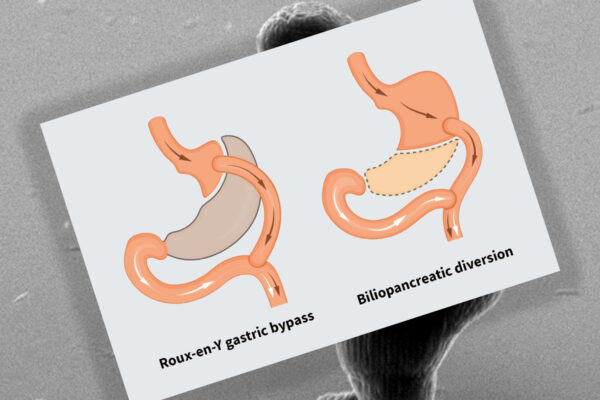
Why is Bariatric Surgery a Viable Option for Morbid Obesity?
When faced with the challenges of morbid obesity, the road to better health can seem overwhelming. Many people struggle with weight loss for years, trying various diets, exercise programs, and other methods without seeing the results they hope for. For some, bariatric surgery becomes a beacon of hope, offering a path to significant weight loss and improved health. This surgery, while life-changing, is not without its complexities. Through my personal journey, shared on my blog, I have experienced both the highs and lows of this decision.